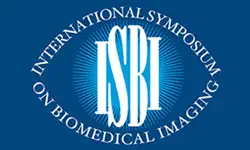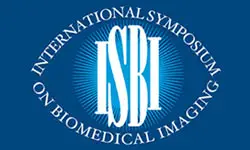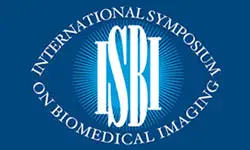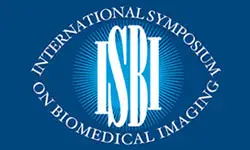-
Members: FreeSPS
IEEE Members: $11.00
Non-members: $15.00Length: 00:02:14
20 Apr 2023
Electroencephalogram (EEG) is widely used in the recognition of Major Depressive Disorder (MDD) and Health Control (HC) individuals due to its high temporal resolution. However, the heterogeneity of depression and low signal-to-noise ratio (SNR) of EEG make this problem still full of challenges. Many works attempt to solve this problem by using discriminative features and deep learning methods. Some psychological studies have shown that the emotional responses of MDD patients are different from those of ordinary people. Inspired by this and considering the characteristics of data collection process, we propose the Bi-Emotional Siamese Network (BESN), combining two-way emotional arousal and path signature features to distinguish MDD. We use the resting state EEG signals before and after emotional stimulation as the input sets, observing the emotional fluctuations. Then we fuse positive and negative emotional fluctuation features, which can effectively improve the performance. Experiment results achieve the state-of-the-art results, verifying the effectiveness of the proposed method.



